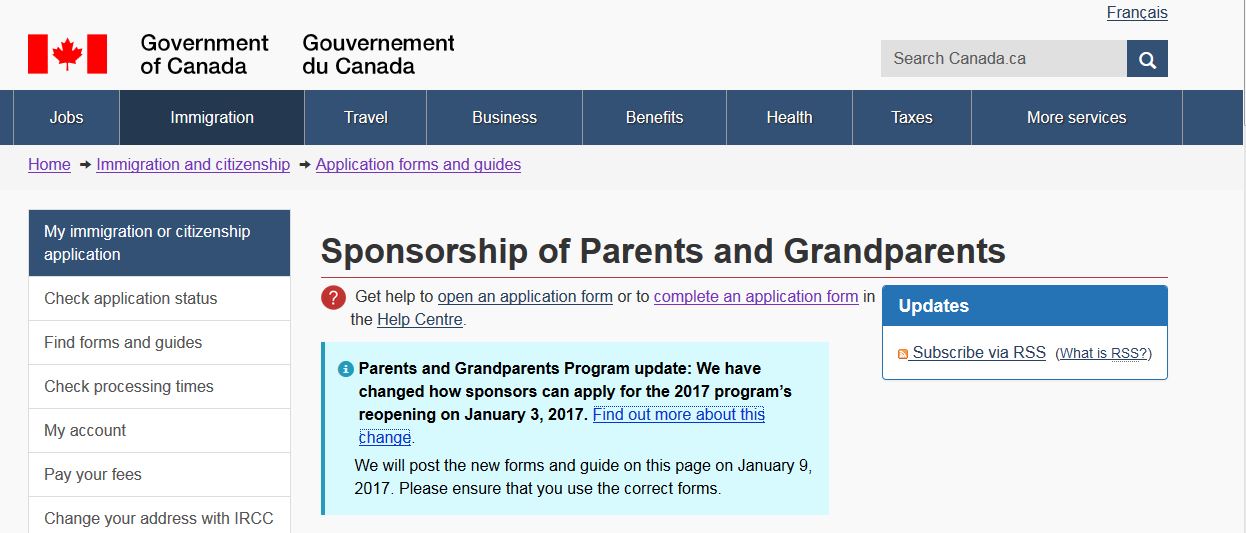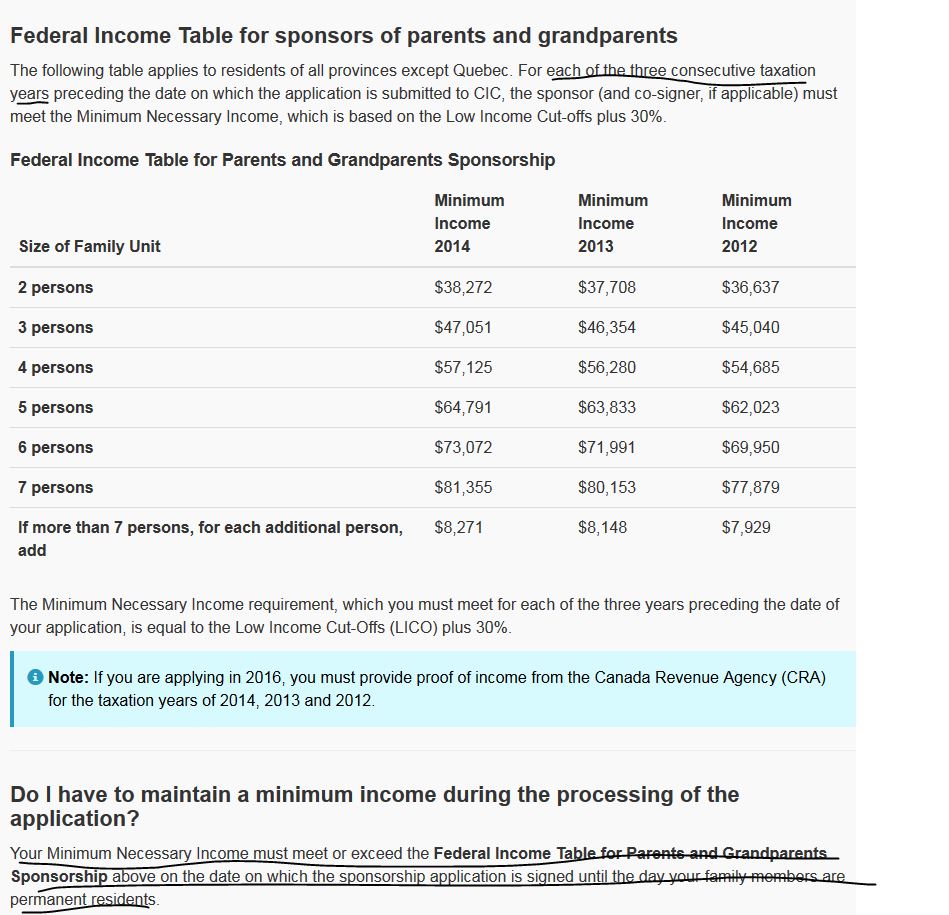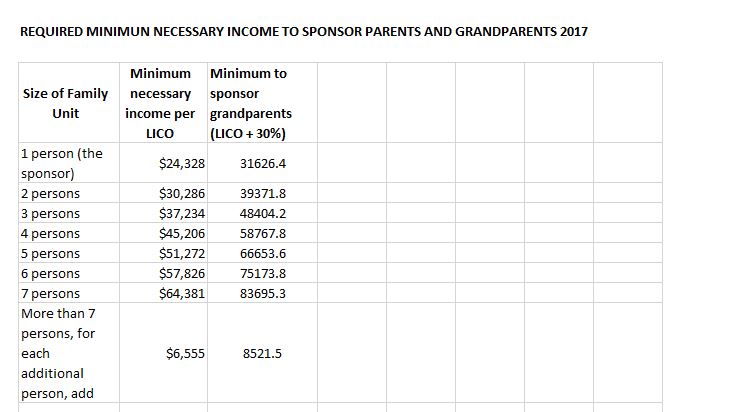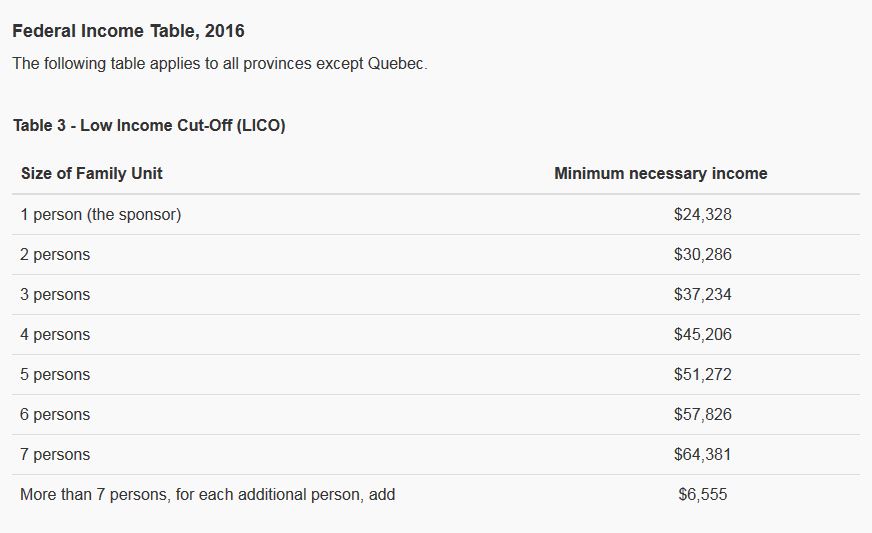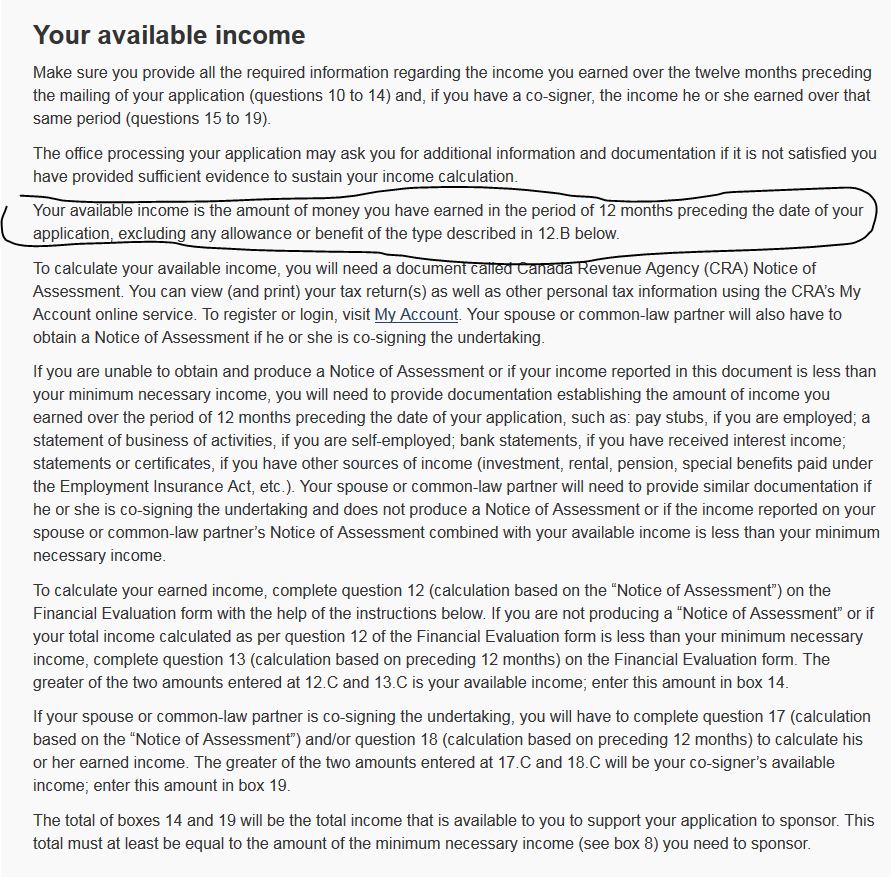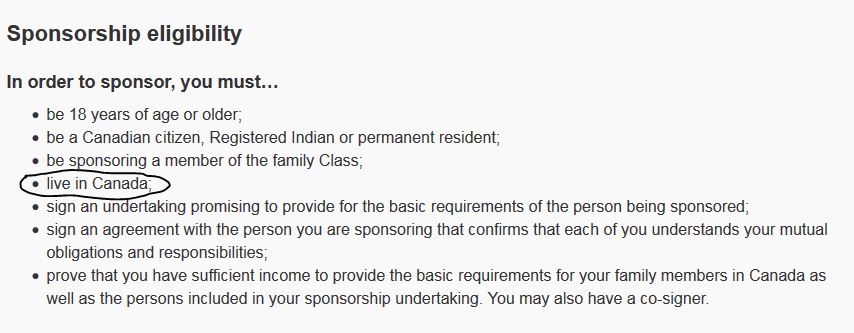Expression of Interest – Possible Issues
Immigration, Refugees and Citizenship Canada (“IRCC”)’s Expression of Interest Webform is now open (until February 2nd).
It asks for only the following information for those wishing to participate in the random draw of 10,000 applicants:
- Last Name;
- Given Name;
- Date of Birth;
- Country or Territory of Birth;
- Main Home Address;
- Postal Code;
- Email address;
- Email address (re-entered); and
- Digital Signature.
Initial Concerns
One of the major concerns raised by those by several lawyers (including one of my mentors, Chantal Desloges in this CBC article). is that with the current expression of interest system we will likely see a lot of those selected deemed ineligible or not meeting the requirements. As Nova Scotia Immigration Lawyer Liz Wozniak tweeted (on point, I may add), the Parent and Grandparent sponsorship program requires “less information than an eTA.”
One of the challenges, I see is that without the forms or the back-end of the process being made available to applicants now, it is difficult for interested applicants to even predict what the process will look like. I think in future years IRCC may be wise to put up all the update forms and process first before accepting interest. I’m also a fan of having some sort of preliminary questionnaire (similar to Express Entry) to at least assess baseline eligibility. I understand the privacy concerns of having individuals disclose income on an initial form but at the very least I think individuals who are interested should demonstrate that they are aware and knowledgeable of the requirements before they click submit. I have had several individuals contact me wondering if all they need to do is put their name in the hat. I have cautioned them to read about the program first before doing so.
Minimum Necessary Income to Sponsor Parents and Grandparents
One of the major stumbling blocks that I see, particularly in today’s economically challenging environment, is the meeting of the Minimum Necessary Income (“MNI”) to sponsor which is equivalent to the yearly Low-Income Cut Off (“LICO”) plus 30% and differs based on the number of family members in a household (including the ones you plan to sponsor).
As of the date of this post, IRCC has not put up the updated Parent and Grandparent MNI for 2017, which should be based on Notice of Assessments for the years of 2015, 2014, and 2013. Eligible sponsors (and their co-signer spouses if applicable) must meet this amount for each of the three years and as well meet and exceed for the years in which an application is in processing until the parent or grandparent has their application approved. Historically, at some visa offices, this could mean the next three to five years with the MNI more often than not increasing each year.
We know this much about previous years:
For 2017 we can estimate as follows (my table below):
This is based on the LICO figures put up by IRCC in the Federal Income Table, 2016:
As per Guide 5722 (which hasn’t been updated for 2017 yet), the calculations for self-employed and also the quirks between period of employment and unemployment within the 12 calendar month period where you are supposed to show your available income, is not as straightforward as it appears and does require some careful reading.
Living in Canada Requirement
I also think greater clarity needs to be included about the “living in Canada” requirement.
I did several consultations last year relating to refusals where the individual left Canada (due to school or work) during the process of sponsorship and then struggled to provide sufficient answers to procedural fairness letters.
Concluding Thoughts
As per my article back in December 2015, and reflecting on it more, there’s absolutely no reason why we cannot due a split system. Dividing the quota into a first-come first serve, a random draw, and a discretionary humanitarian and compassionate grounds/urgent family unification. Perhaps more needs to be done to facilitate the parents and grandparents of recent refugees, who will not have met the MNIs based on their recent arrival and likely have the greatest need for an additional helping hand for their young families.
